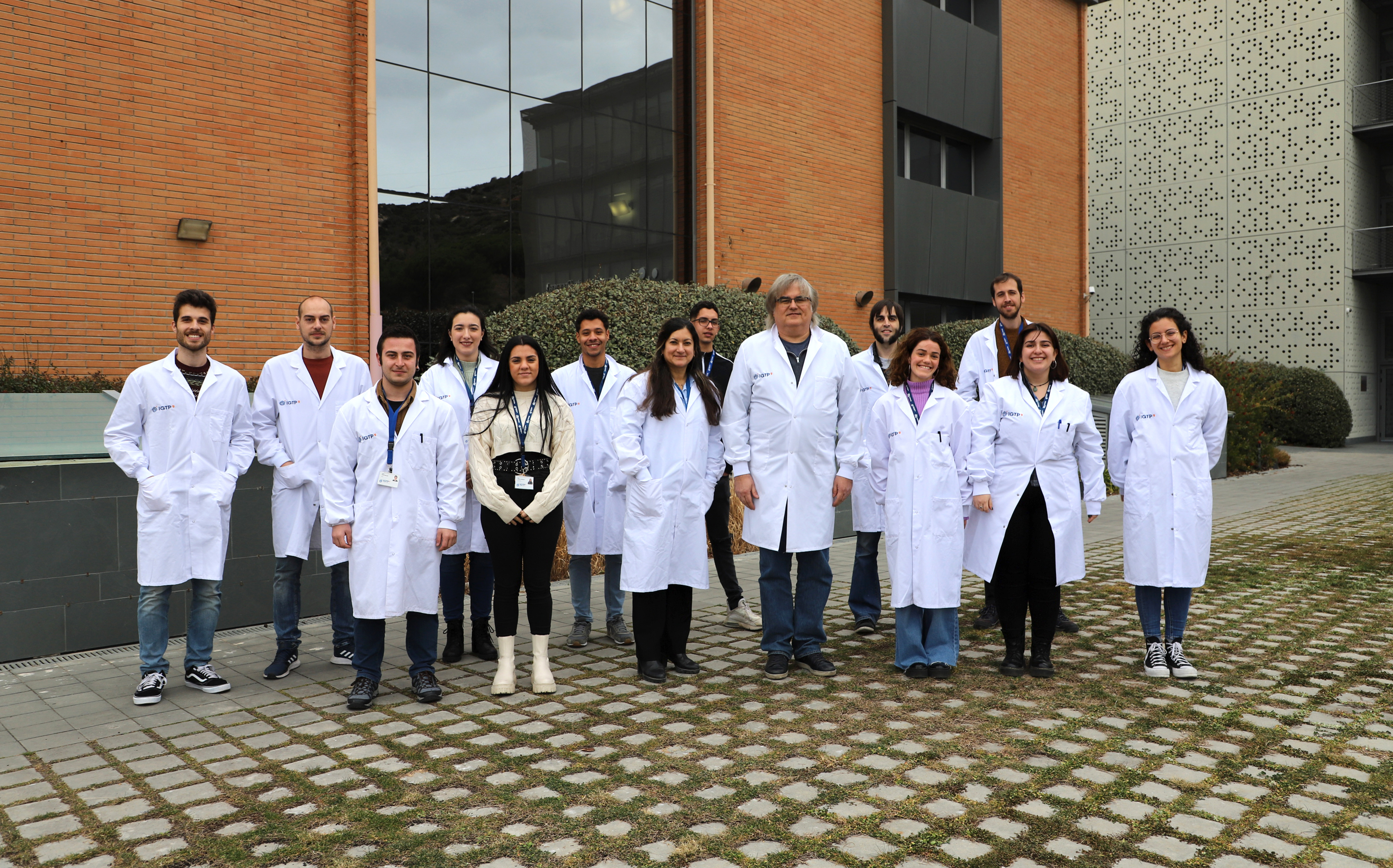State funding of €1.8M to develop an advanced gene therapy for Friedreich's ataxia

This is a collaborative project of the spin-off Biointaxis, IGTP and the IDIVAL Institute to bring gene therapy for Friedreich's ataxia to patients with the disease
The Centre for the Development of Industrial Technology (CDTI) and the Carlos III Health Institute (ISCII) will fund the project with 1.8 million euros within the R&D&I call linked to Personalised Medicine and Advanced Therapies in the framework of the Strategic Project for the Recovery and Economic Transformation for Vanguard Health (PERTE for Vanguard Health) in gene therapy for Friedreich's ataxia.
The Personalised Medicine and Advanced Therapies programme of the CDTI and the ISCIII will fund the development of an innovative gene therapy drug for the treatment of Friedreich's ataxia, an inherited neurodegenerative disease for which there is currently no cure. The research is led by Dr Antoni Matilla and Dr Ivelisse Sánchez of Germans Trias i Pujol Research Institute’s (IGTP) Neurogenetics research group, in collaboration with neurologists from Germans Trias i Pujol Hospital's Neurology Department and the Valdecilla Hospital in Santander.
The project aims to develop and validate a gene therapy vector based on a new generation of adeno-associated virus to be effective as a curative treatment for patients with Friedreich's ataxia. The programme is intended to fund experimental development projects in advanced therapies and personalised medicine in a partnership between companies and research organisations. The project, funded with a total of 1.8 million euros, involves IGTP and IGTP's spin-off Biointaxis, founded by researchers from the Marqués de Valdecilla Research Institute.
In this vein, the first candidate vector for development, FRATAXAV, has already passed the first in vivo preclinical proof of concept in mice and has been licensed through IGTP's spin-off Biointaxis. This first drug under development by Biointaxis "aims to prevent the onset or halt the progression of the disease, recover movement abilities in affected patients and alleviate ataxia, the main symptom of this pathology", explains Dr Matilla. "With the project funded by the CDTI and the ISCIII, we will validate the drug preclinically in large animals to complete the preclinical validation as a last step before applying to regulatory agencies for authorisation to bring the therapy to the clinical phase".
Friedreich's ataxia is a neurodegenerative disease that is considered a rare disease. It mainly affects the ability to perform movements, such as walking and talking; the disease progressively worsens to a disability and a lack of autonomy. There is no care for the disease, although its cause, a defect in a gene that produces a mitochondrial protein called frataxin, is known. The genetic problem produces a deficit of this protein, which damages neurons in the spinal cord and cerebellum, causing them to die progressively. The Neurogenetics research group at IGTP has been working on this type of ataxia since 2014.
